(bp) bp has successfully led a taskforce to achieve approval from the UK Ministry of Defence for co-processing Sustainable Aviation Fuel (SAF) with up to 30% renewable hydroprocessed Esters and Fatty acids HEFA feedstock concentration, a significant increase from the current limit of 5%. This standard is now approved for the production of JetA1, globally.
The Defence Standard milestone was achieved through collaboration with industry stakeholders, including OEMs, IATA, fuel producers and airline companies, to help lower lifecycle carbon emissions in the aviation sector. Co-processing is a method where vegetable oils, waste oils and fats, or similar sustainable feedstocks are processed along with conventional feedstocks in existing refineries. It is a SAF production method that can be activated quickly and use existing fuel distribution infrastructure, important especially during the early scale-up of SAF.
This achievement allows bp and other fuel producers to accelerate SAF production at higher concentrations using existing refinery process units. Refinery co-processing is a crucial step towards reducing aviation industry emissions. bp already produces SAF via co-processing at our refineries, and plans to increase its renewable feedstock content from 2025 onwards.
bp continues to support ambitious and long-term policy mechanisms and collaborates with industry and government to explore options for scaling up SAF production more broadly.
Federica Berra, senior vice president, Air bp: “Defence Standard approval for co-processing SAF is a significant milestone for the industry, and I’d like to thank our partners for their support and input in achieving this. Co-processing produces high-quality fuel that meets stringent aviation standards, while helping to increase the volume of SAF available to customers.”
Colonel Pete Skinsley, MOD Operational Energy Authority (OEA) Deputy Head Operations said: "I’m delighted that the updated Def Stan 91-091 has been published, demonstrating our continued commitment to sustainable aviation fuel. The co-processing of SAF is a major step toward reducing carbon emissions in the aviation sector while sustaining operational demands. This achievement is a great example of a collaborative effort with our industry partners and the wider aviation industry.”
The inclusion of co-processing into the aviation fuel standard, Def Stan 91-091, continues to build on the work done by MOD to reduce the carbon footprint of Defence by increasing the availability of SAF, which has been used for routine operations from RAF Lossiemouth since 2024.
Marie Owens Thomsen, IATA Senior Vice President Sustainability and Chief Economist: “This is a long-awaited and welcome development that will bring immediate results. Co-processing is possible with only limited additional capital investments, and it should be maximized — the example of bp and the UK Ministry of Defence is one we wish many countries and SAF producers will follow.”
This project is the result of a three-year program of work at bp's Bochum technology centre, utilizing pilot plant and analytical testing facilities to develop these capabilities. The project involved synthesizing data and engaging with stakeholders, including OEMs, IATA, fuel producers, and airline companies and is a great example of what can be achieved when the industry works together.
About Air bp
As the aviation division of bp, Air bp is one of the world’s leading suppliers of aviation fuel products and services. It has been investing in the aviation industry for almost 100 years to keep people flying safely around the world. Air bp serves over 600 locations across 40 countries and fuels over 6,800 flights per day – that’s more than one flight every 15 seconds. Air bp’s customers include commercial airlines, the military, business and private aircraft owners, airports and airfield operators. Aviation experts deliver today’s and tomorrow’s energy. Air bp has a wide range of services to support its fuel offer including the design, build and operation of fuelling facilities, technical consultancy and training, solutions to potentially help customers with direct and indirect carbon emissions savings, the Sterling card for efficient general aviation refuelling and innovative digital platforms to increase efficiency and reduce risk.
For more information, visit www.airbp.com and www.bp.com. READ MORE
So how bad to you want SAF, rural America? If a long-term 45Z extension and the SAF industry are going to happen, farmers will have to openly push for both. Trump may ultimately say no to the refined fuels industry on this one, unless someone makes a good economic case. Todd Neeley, DTN Progressive Farmer READ MORE
by Erin Voegele (Ethanol Producer Magazine) Legislation currently under consideration by the New York legislature aims to establish a clean fuel standard (CFS) that would reduce the greenhouse gas (GHG) intensity from on-road transportation by 20% by 2033.
The bill, S01343A, was introduced in the New York Senate in January and is currently under consideration by the Finance Committee. Companion legislation, A00472, was introduced in the New York Assembly in January and is currently under consideration by the Environmental Conservation Committee.
In advance of 2033, and every five years thereafter, the bill directs the New York Department of Environmental Protection to promulgate regulations determining the minimum additional GHG intensity reduction to be achieved over the following five years. Further reductions are to be implemented based upon advances in technology and to support achieving the requirements of New York’s GHG reduction goals.
Under the bill, the CFS would apply to all providers of transportation fuels in New York, including electricity. Fuel providers include, but are not limited to, all refineries, blenders, producers or importers of transportation fuels, or enablers of electricity used as transportation fuel. The CFS would operate via a credit-based market system.
Aviation fuel would be exempt from the CFS, but sustainable aviation fuel (SAF) would be eligible to generate credits on an opt-in basis to help encourage development of a viable SAF market.
The bill would require CFS regulations to be published within 24 months. The structure of the CFS would take into consideration low carbon fuel standards adopted in other states and the recommendations New York’s scoping plan, which was established by the Climate Leadership and Community Protection Act and outlines the state’s strategy for meeting GHG reduction goals. In addition, the program would be designed in coordination with other Northeastern states to promote regional reductions in GHGs.
A full copy of the legislation is available on the New York Assembly website. READ MORE



















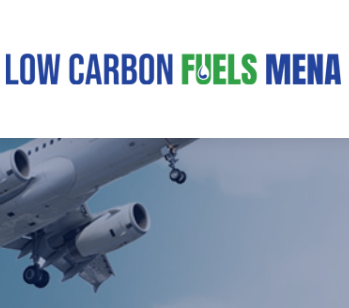



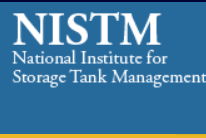


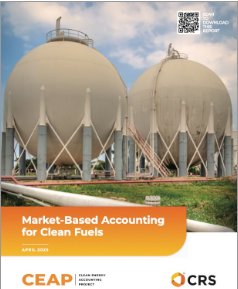





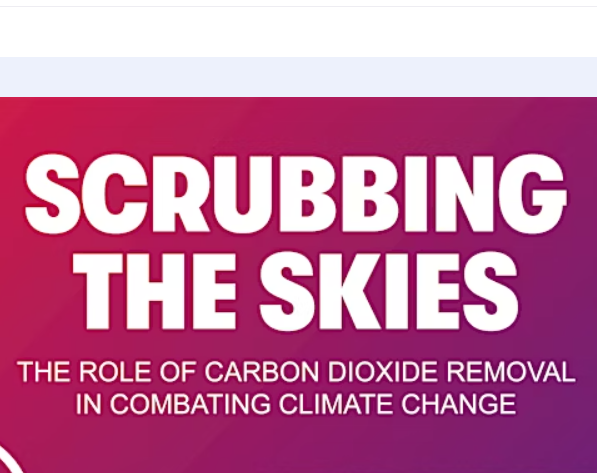

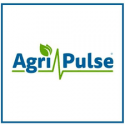
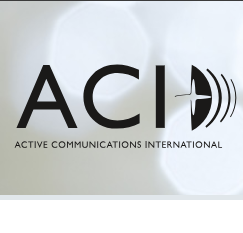





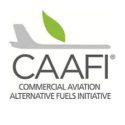


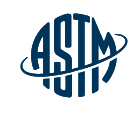


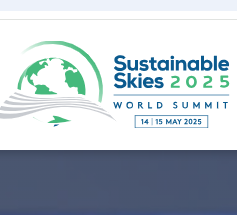





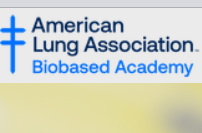
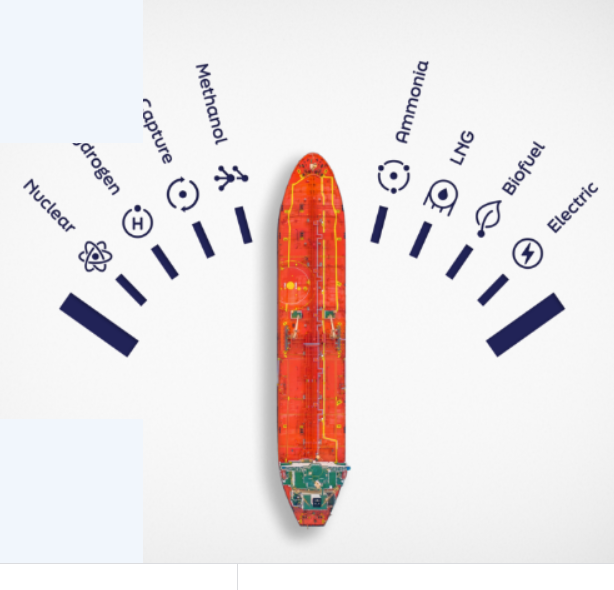

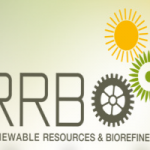
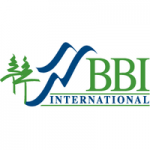

.jpg)









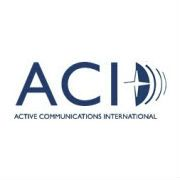

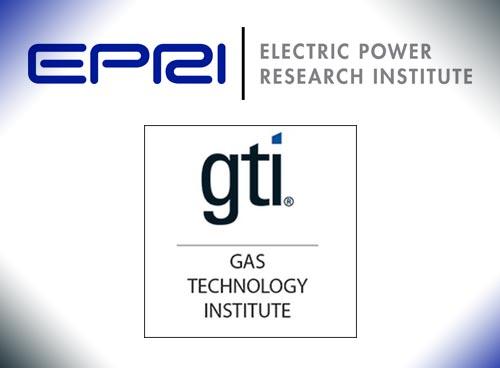
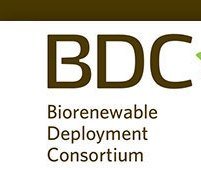
.jpg)




